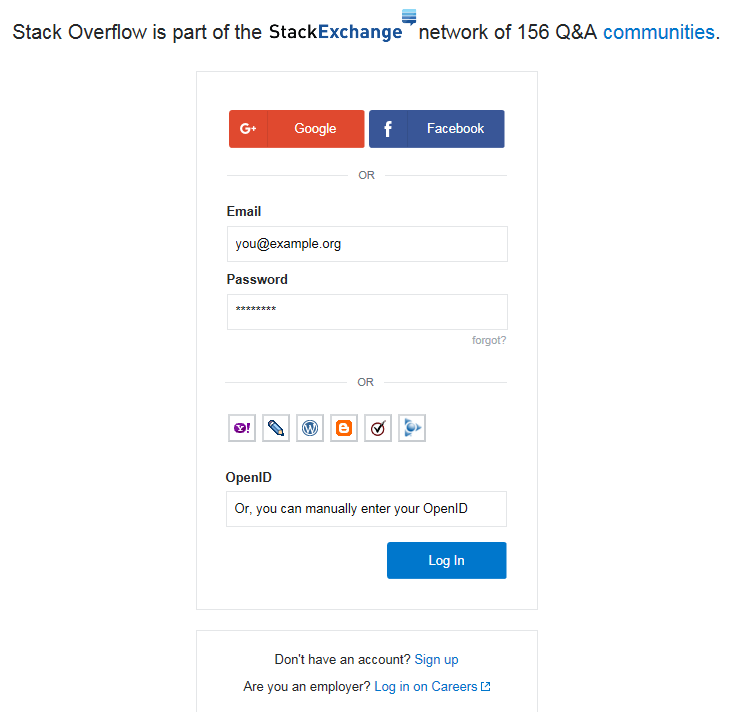Warning: This is an opinion and have no way to demonstrate the validity of the answer other than the Duck Test or Occam's Razor.
It's not that they don't know what they're doing. They did have easy to find logout buttons before. Now they don't, for what it appears to be another chapter in corporate wars
The whole philosophy behind this is to keep the user as a hostage so to speak. With the new trend of social media login, now you can choose to login with several different services, such as Facebook, Google, OpenID, and so on. Now, when one of these services allows you log out, they literally let you choose what to do, when they could have you signed with their service for any other 3rd party. Thus... they make it hard so you use their service instead of competition's one.
This could be easily tested... here at StackExchange Network (btw, do you know how to logout from UX.SE?). See options below:

As you may see, there are many ways to signup, being Google and Facebook the main ones, a regular account the secondary one (creates an account on StackExchange Network), then OpenId and some small buttons as last resources.
Now, based on feedback from one of my employees who tried to create an account on one of the SE sites (specifically WP.SE), I did a test a few weeks ago: using a computer from which I never visited any site at SE Network, using Chrome, I tried to signup while I was logged to Google. Again: I signed to Stack Exchange Network.
After that, I got redirected to a page letting me know that I needed to check my email to confirm the account. I did it and when clicking the link... got a 404 page. Tried 3 times with different mail accounts and username, always the same. However (as I expected since my employee told me about that), when I visited the site I had my account... only that it grabbed my data from the Google account. Nice, huh?
And Google is not alone. You have probably seen many signup/login instances where the site asks you if you are [Facebook User] or [Google User] or [Twitter User]. And if you check the Terms and Conditions of such login services, you'll see they basically own your data and your information and whatever you do while signed. So they basically own your information, which is the main asset for their business. Simple as that.
Now, in terms of usability, ask yourself: is this dark-pattern preventing you from using Google or UX.SE? Maybe. But this is a number's game, and reality is most people might be annoyed, but they won't give up their mail or social media accounts. They're used to the invasion of their privacy, so this means absolutely nothing
end of humble opinion

